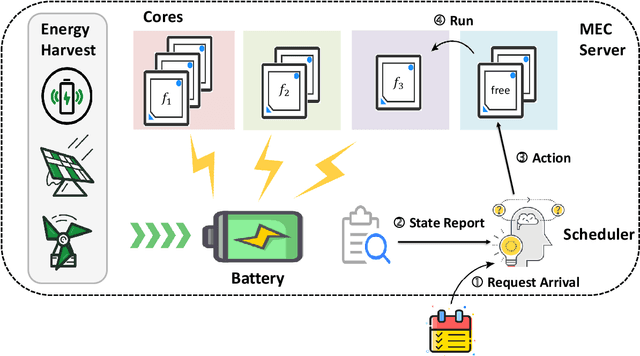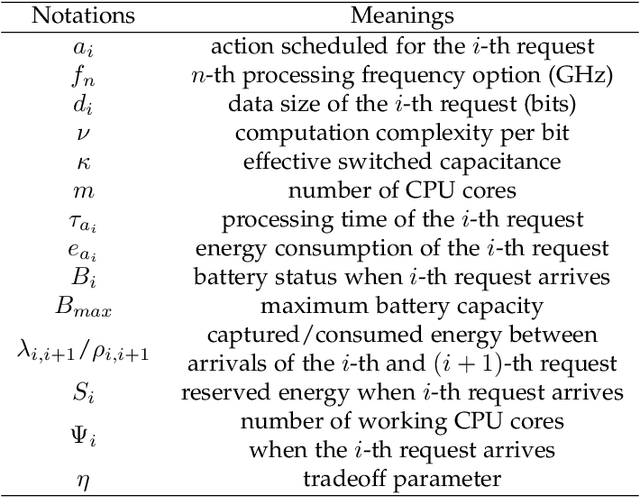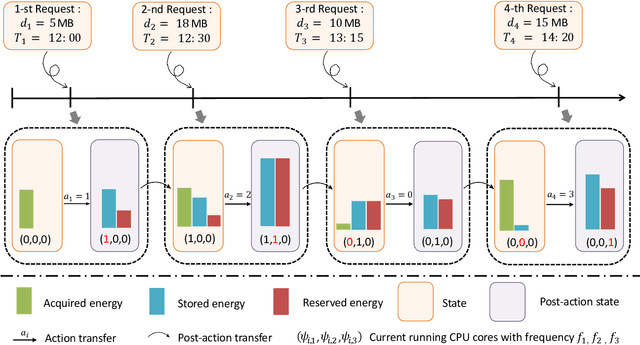Ching-Hsien Hsu
Part-Aware Measurement for Robust Multi-View Multi-Human 3D Pose Estimation and Tracking
Jun 22, 2021



Abstract:This paper introduces an approach for multi-human 3D pose estimation and tracking based on calibrated multi-view. The main challenge lies in finding the cross-view and temporal correspondences correctly even when several human pose estimations are noisy. Compare to previous solutions that construct 3D poses from multiple views, our approach takes advantage of temporal consistency to match the 2D poses estimated with previously constructed 3D skeletons in every view. Therefore cross-view and temporal associations are accomplished simultaneously. Since the performance suffers from mistaken association and noisy predictions, we design two strategies for aiming better correspondences and 3D reconstruction. Specifically, we propose a part-aware measurement for 2D-3D association and a filter that can cope with 2D outliers during reconstruction. Our approach is efficient and effective comparing to state-of-the-art methods; it achieves competitive results on two benchmarks: 96.8% on Campus and 97.4% on Shelf. Moreover, we extends the length of Campus evaluation frames to be more challenging and our proposal also reach well-performed result.
Adaptive Processor Frequency Adjustment for Mobile Edge Computing with Intermittent Energy Supply
Feb 10, 2021



Abstract:With astonishing speed, bandwidth, and scale, Mobile Edge Computing (MEC) has played an increasingly important role in the next generation of connectivity and service delivery. Yet, along with the massive deployment of MEC servers, the ensuing energy issue is now on an increasingly urgent agenda. In the current context, the large scale deployment of renewable-energy-supplied MEC servers is perhaps the most promising solution for the incoming energy issue. Nonetheless, as a result of the intermittent nature of their power sources, these special design MEC server must be more cautious about their energy usage, in a bid to maintain their service sustainability as well as service standard. Targeting optimization on a single-server MEC scenario, we in this paper propose NAFA, an adaptive processor frequency adjustment solution, to enable an effective plan of the server's energy usage. By learning from the historical data revealing request arrival and energy harvest pattern, the deep reinforcement learning-based solution is capable of making intelligent schedules on the server's processor frequency, so as to strike a good balance between service sustainability and service quality. The superior performance of NAFA is substantiated by real-data-based experiments, wherein NAFA demonstrates up to 20% increase in average request acceptance ratio and up to 50% reduction in average request processing time.
 Add to Chrome
Add to Chrome Add to Firefox
Add to Firefox Add to Edge
Add to Edge